De Compras Con El Y Ella – (Spanish)
$14.99
Men and women are different. The plumbing is different; the wiring is different. Not better or worse, just different. To say this in the post-feminist corporate arena has been political suicide. But the science has confirmed that men and women use different parts of their brains and thus behave differently in a host of situations, including the way we shop, buy and consume products and services. As a sales, advertising or marketing professional understanding these differences is the key to your success. As a child, you were taught The Golden Rule: treat others as you would like to be treated. But as you grew up, it became evident (often on the school playground) that half of the others-those of the opposite sex-don’t respond well to being treated the way that you want to be treated. If you still are treating the other half of your customers the way you want to be treated you are likely missing half (or more) of your market and leaving half (or more) of your sales on the table. To increase sales, you must understand what uniquely drives your customers, male and female, and maximize your options for communicating with them. Whether you sell tangible products like cars and homes or intangible products like financial services or business solutions, read on. Understanding the inherent perceptions, motivations and emotions specific to the X and the Y chromosomes is the most powerful way to increase revenue.
Venda mas y mejor conociendo a su cliente.La ciencia es muy clara: los hombres y las mujeres usandiferentes partes de su cerebro y por lo tanto se comportan de manera distintaen muchisimas situaciones, incluyendo la manera en que vamos de compras,compramos y consumimos productos y servicios. Como profesional de ventas,publicidad o mercadeo, entender estas diferencias es la clave de nuestro exito. Paraaumentar las ventas, usted debe comprender lo que de manera singular impulsa asus clientes, masculinos o femeninos, y maximizar sus opciones para comunicarsecon ellos. Ya sea que venda productos tangibles como autos y casas o productosintangibles como servicios financieros o soluciones de negocios, De compras con el y ella le ayudara aentender las inherentes percepciones, motivaciones y emociones especificas delos cromosomas X e Y. Estas perspectivas son la manera mas poderosa paraaumentar los ingresos.
in stock within 3-5 days of online purchase
SKU (ISBN): 9781602552890
ISBN10: 1602552894
Language: Spanish
Elizabeth Pace
Binding: Trade Paper
Published: December 2009
Publisher: Groupo Nelson
Print On Demand Product
Related products
-
Sharing Gods Blessing
$15.99A tried-and-tested resource for the renewal of the local church. Faced with the unsustainability of many inherited patterns of church, the temptation may be to fall into despondency rather than seeking to regenerate patterns of mission and ministry. This book is the result of a two-year research project aimed at enabling local churches to regain a sense of confidence through exploring God’s blessing and how that might be shared with the communities they serve. In Part One, Robin explores the meaning of blessing and the power of face-to-face group conversations to transform church congregations. Part Two of the book contains outlines for five guided conversations for change on the theme of blessing. Part Three contains case study material of how this material has been used in different contexts, including for Mission Action Planning (MAP).
Add to cartin stock within 3-5 days of online purchase
-
Together For The Common Good
$44.99How can we work together for the common good today? Thirteen contributors – Christian, Jewish, Muslim, non-religious – discuss the common good from a wide range of viewpoints. How have thinkers like Aristotle and Edmund Burke talked about the common good in the past? Catholic Social Teaching has a lot to say about the common good: what does the common good mean for the world’s great religious traditions today? How can we usefully talk about the common good in a plural society? What responsibility has the state for the common good? Can the market serve the common good? If we care about the common good, what should we think – and do – about immigration, education, the NHS, inequality, and freedom? This book starts from the example of David Sheppard and Derek Worlock, the Anglican Bishop and Roman Catholic Archbishop, who famously worked together for the good of the city of Liverpool in the 1980s. The contributors call for a national conversation about how, despite our differences, we can work together – locally, nationally, internationally – for the common good.
Add to cartin stock within 3-5 days of online purchase
-
10 Commandments Of Progressive Christianity
$7.99A cautionary look at ten dangerously appealing half-truths.
In 1923, J. Gresham Machen, then a professor at Princeton Seminary, wrote his classic text, Christianity and Liberalism. The book was a response to the rise of liberalism in the mainline denominations of his own day. Machen argued that the liberal understanding of Christianity was, in fact, not just a variant version of the faith, nor did it represent simply a different denominational perspective, but was an entirely different religion. Put simply, liberal Christianity is not Christianity.
What is remarkable about Machen’s book is how prescient it was. His description of liberal Christianity–a moralistic, therapeutic version of the faith that values questions over answers and being “good” over being “right”–is still around today in basically the same form. For this reason alone the book should be required reading, certainly for all seminary students, pastors, and Christian leaders.
Although its modern advocates present liberal Christianity as something new and revolutionary, it is nothing of the sort. It may have new names (e.g., “emerging” or “progressive” Christianity), but it is simply a rehash of the same well-worn system that has been around for generations.
The abiding presence of liberal Christianity struck me not long ago when I came across a daily devotional from Richard Rohr that listed ten principles he thinks modern Christianity needs to embody. These ten principles are actually drawn from Philip Gulley’s book, If the Church Were Christian: Rediscovering the Values of Jesus. In that devotional series, ironically titled “Returning to Essentials,” Rohr sets forth the ten principles as a kind of confessional statement of modern liberalism (while at the same time pretending to deplore confessional statements). They are, in effect, a Ten Commandments for progressive Christianity.
Indeed, these ten sound like they were gathered not so much on the mountaintop as in the university classroom. They are less about God revealing his desires and more about man expressing his own–less Moses, more Oprah.
But take note: each of these commandments is partially true. Indeed, that is what makes this list, and progressive Christianity as a whole, so challenging. It is a master class in half-truths that sound appealing on the surface until you dig down deeper and really explore their foundations and implications. Benjamin Franklin was right when he quipped, “Half the truth is often a
Add to cartin stock within 3-5 days of online purchase
-
Soul Searching : The Religious And Spiritual Lives Of American Teenagers
$140.00Winner of the 2006 Christianity Today Book Award for Christianity and Culture Description
In most discussions and analyses of American teenage life, one major topic is curiously overlooked–religion. Yet most American teens say that religious faith is important in their lives. What is going on in the religious and spiritual lives of American teenagers? What do they actually believe? What religious practices do they engage in? Do they expect to remain loyal to the faith of their parents? Or are they abandoning traditional religious institutions in search of a new, more “authentic” spirituality?
Answering these and many other questions, Soul Searching tells the definitive story of the religious and spiritual lives of contemporary American teenagers. It reports the findings of The National Study of Youth and Religion, the largest and most detailed such study ever undertaken. Based on a nationwide telephone survey of teens and their parents, as well as in-depth face-to-face interviews with more than 250 of the survey respondents, Soul Searching shows that religion is indeed a significant factor in the lives of many American teenagers. Chock full of carefully interpreted interview data and solid survey statistics, Soul Searching reveals many surprising findings. For example, the authors find that teenagers are far more influenced by the religious beliefs and practices of their parents and other adults than is commonly thought. They challenge the conventional wisdom that many teens today are “spiritual seekers.” And they show that greater teenage religious involvement is significantly associated with more positive adolescent life outcomes.
Soul Searching reveals the complexity of contemporary teenage religious life, showing that religion is widely practiced and positively valued by teens, but also de-prioritized and very poorly understood by them, yet significant nonetheless in shaping their lives. More broadly, Soul Searching describes what appears to be a major transformation of faith in the U.S., away from the substance of historical religious traditions and toward a new and quite different faith the authors call “Moralistic Therapeutic Deism.”Add to cartin stock within 3-5 days of online purchase



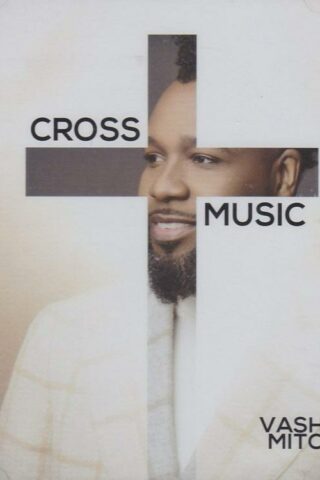
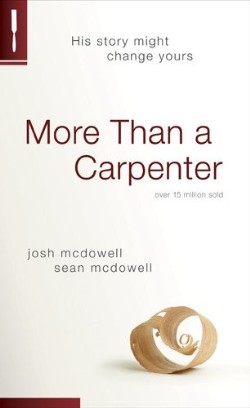


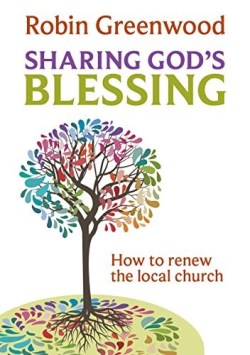
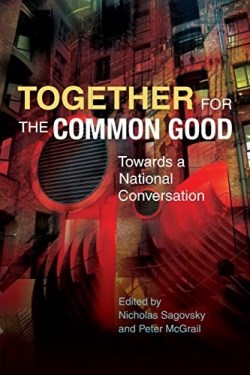
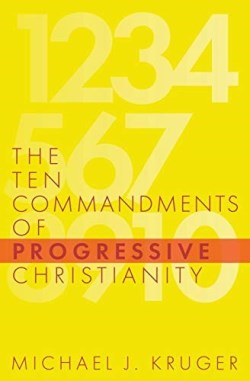


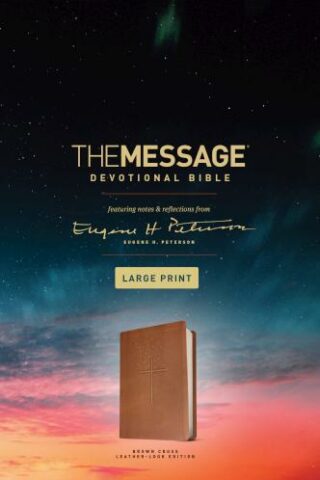


Reviews
There are no reviews yet.